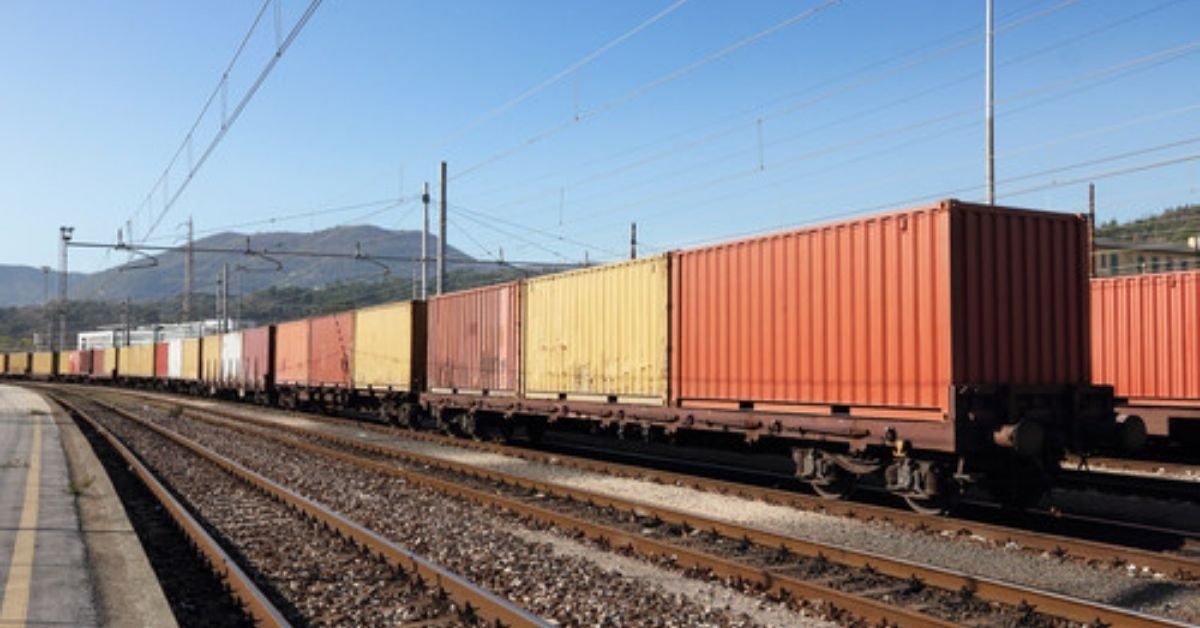India has long advocated for improved connectivity among its South Asian neighbours, particularly with Nepal and Bangladesh. The train service on a 35-kilometer cross-border rail link between Jayanagar in Bihar and Kurtha in Nepal was a recent development that improved connectivity between India and Nepal. This will allow for easier connectivity, which will benefit the people of both countries. It’s a multi-pronged approach. The policy is part of India’s Neighbourhood First initiative. India has expanded energy networks, upgraded ports, train, and airport infrastructure, and dug new pipelines as part of its drive to improve connection with its neighbours. It’s a far more charitable model than the Chinese ones. The Indian model prevents any country from falling into a debt trap.
The first meeting of the Inter-Ministerial Coordination Group (IMCG) on Neighbouring Countries at Secretary level was convened by Foreign Secretary Harsh Vardhan Shringla on April 12. The IMCG has been setup as a high-level mechanism towards mainstreaming of India’s ‘Neighbourhood First’ policy
The meeting deliberated upon and took important decisions on various aspects of India’s bilateral relationship with Afghanistan, Bangladesh, Bhutan, Maldives, Myanmar, Nepal, Pakistan and Sri Lanka in the areas of trade and investment, connectivity, border infrastructure, immigration, development cooperation, border security among others. The IMCG is supported by Inter-Ministerial Joint Task Forces (JTF) convened by the concerned Joint Secretaries in the Ministry of External Affairs. Government of India’s efforts to deliver benefits like greater connectivity, stronger inter-linkages and greater people-to-people connect under India’s Neighbourhood First policy takes place through a whole-of-government approach with coordination involving various Ministries, Departments and agencies of GOI and of concerned State governments. The IMCG will further improve institutional coordination across government and provide comprehensive direction to this whole-of-government approach on India’s relations with its neighbouring countries.
According to a news report by All India Radio, new Integrated Check Posts (ICPs) are constructed or expanded to facilitate trade and mobility along the borders with Nepal, Bangladesh, Bhutan, and Myanmar. Inland waterway infrastructure for movement to Nepal and Bangladesh is developed. The number of railway connections with Bangladesh have increased manifold. India and Nepal have South Asia’s first cross-border oil pipeline. Bhutanese cargo from the Himalayas is reaching Bangladesh on an Indian river vessel. Nepali cargo is transited and clearance processes through India’s eastern seaports. The airport at Jaffna in Northern Sri Lanka is reconnected with a direct flight from south India after upgradation with Indian aid. In 2019, Bangladesh agreed to Indian transit access to Northeast states. India and Bangladesh are now directly exchanging freight under a new shipping agreement.







